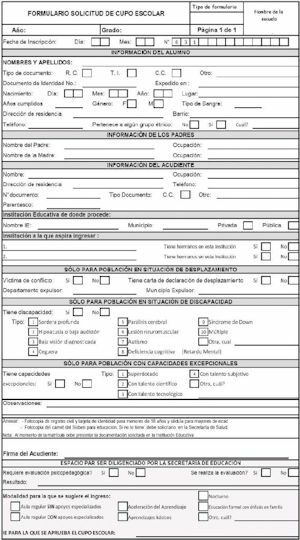Wave Characteristics
Physics / / November 13, 2021
A wave is understood to be the expansion, disturbance or propagation that occurs from an initial point to the outside of it.
It is through an elastic medium that these waves propagate, and from the wave characteristics we would only except electromagnetic ones.
The process is through deformations that occur from a focus, where the reaction on the particles begins surrounding areas and the wave or ripple that occurs is called a “wave pulse”, and its extension is always limited.
As an example of waves we can see a whip, or the drops on the water when throwing a stone on a pond, which produce a force that decreases until it disappears (Pond)
Wave characteristics:
1.- Diffraction.- This phenomenon consists of the shock of the waves and their subsequent reflection, which can occur in all existing waves but can be observe clearly in the diffraction of water waves or in the diffraction of sound waves, which hit surfaces and produce other waves Similar.
2.- Doppler effect.- Also called "Acoustic Doppler Effect", it is the effect named after its discoverer "Christian Andreas Doppler ”, this effect consists of the relative variation of the sound at the moment of moving the source of the same; This effect can be observed in a vehicle that honks its horn permanently, in this the sound that is it would listen far and grave when being far away, it becomes more acute when it approaches and when it moves away it becomes acute.
4.- Electromagnetic.- Electromagnetic waves are the waves in which electricity radiates, which can be observed in light or radio waves; when talking about light, its waves end where the light reaches.
5.- Interference.- Inference is the quality of waves that two or more come together to form a stronger or more powerful wave.
6.- Shock wave.- Shock waves are high-energy sonic waves, such as lightning strikes, explosions, or subsonic velocity sound shock.
7.- Orbitals.- Also called atomic orbital or angular wave function; each of the stationary states of the wave function of an electron in an atom is called an orbital, which depends on its energy the place that this atom occupies in the orbital.
8.- Reflection.- This occurs when a wave collides on materials that do not let it pass or that reflect it and changes direction. This effect can occur in all waves.
9.- Refraction.- This phenomenon is what produces the change of direction when it crosses another surface or medium, changing the direction or its speed.

